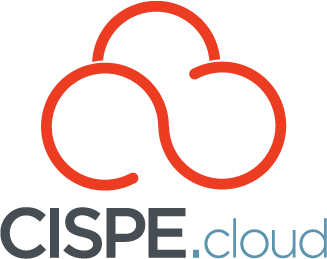Google’s announcement on egress fees reiterates the message that CISPE has been relaying for several years: the real barrier for customers looking to move to the cloud infrastructure of their choice is software portability. Google’s blogpost makes it clear that it shares these concerns, and increasingly regulators around the world are waking-up to the distorting effect unfair software licensing is having on the cloud.
Microsoft’s unfair software licensing practices make it economically unviable for European customers to choose any cloud but Microsoft’s Azure. This denies customers choice of cloud infrastructure if they want to use the ‘must have’ productivity software and locks them into a Microsoft monoculture. Discriminatory pricing, bundling and tying of products as well as restrictions to features and capabilities all tighten Microsoft’s crushing embrace of European businesses and public sector organisations.
In the EU, the Data Act, which also came into force yesterday, provides the framework for the reduction and eventual removal of egress fees – what it does not do, and what no regulation to date has tackled, not even the DMA, is the pernicious effect of unfair software licensing locking customers into the cloud infrastructures owned by dominant productivity software companies like Microsoft.
CISPE welcome’s the European Commission continued investigation of several cases concerning Microsoft’s use of unfair bundling, licensing terms and discriminatory pricing. The UK’s CMA has identified software licensing as a theory of harm in its investigation, and others across Europe and further afield are also increasing scrutiny of the issue. Let’s not let egress fees distract from the importance of ending unfair software licensing as the biggest barrier to effective competition in the cloud.
